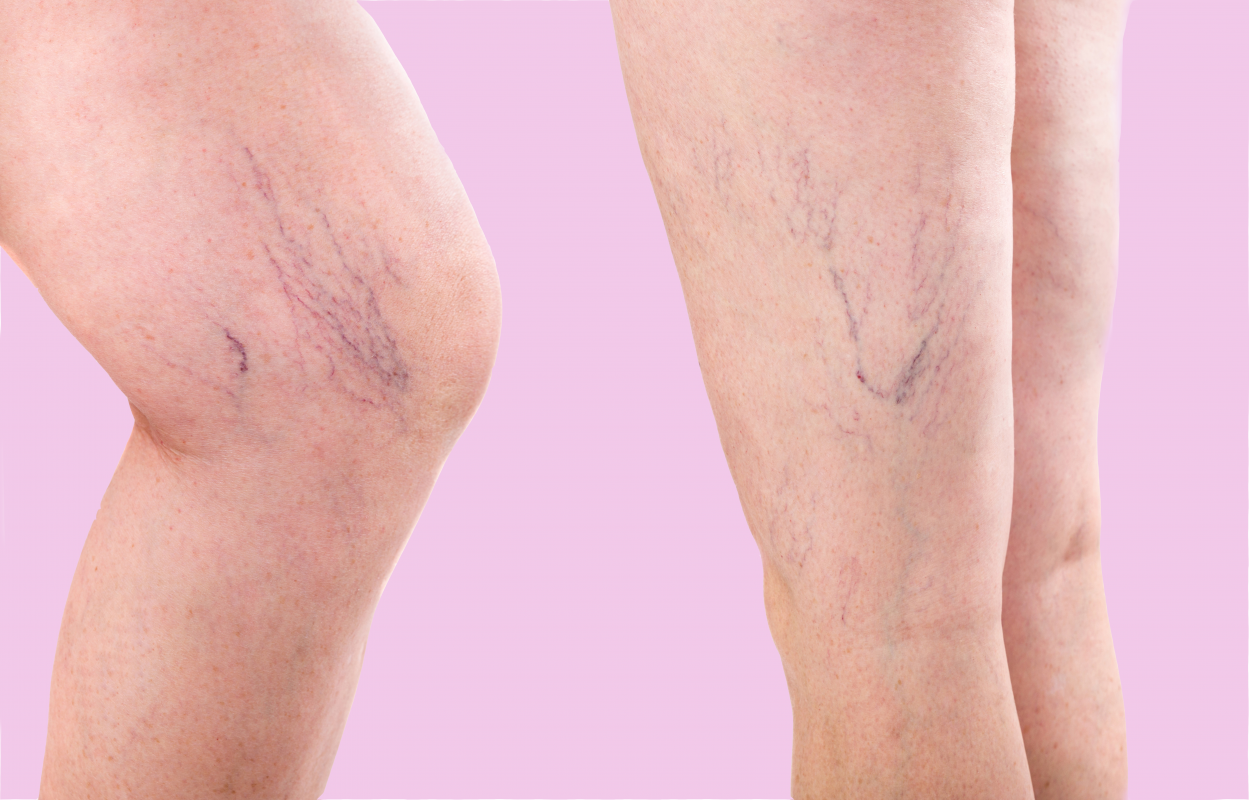Should you get treated for varicose veins and spider veins during pregnancy? A top vein doctor weighs in
Pregnancy causes a whole lot of changes in your body, and some of them – like unsightly, bulging veins, may not be very pleasant. In this article, we tell you all about why you get varicose veins and spider veins, and how you can prevent and treat them.
Varicose and Spider veins in pregnancy: Why do you get them?
Your leg veins have a tough job; They need to push blood from the legs to the heart against gravity. When you are pregnant, this problem is worsened, for two reasons. Firstly, your expanding uterus can physically compress the major veins that return blood to your heart. Secondly, the surge of hormones unleashed during pregnancy can have a chemical effect on the veins, causing blood to pool down in the legs. All the backed up blood in your legs forces its way into newer, unhealthy veins. These veins can appear as bluish, purplish streaks just underneath the surface of your skin – spider veins. Or they can be larger, twisted, swollen structures that are sore to touch – these are called varicose veins.
Up to half of all pregnant women develop varicose veins or spider veins. If you have had a vein problem before, or vein conditions run in your family, you are probably at higher risk of developing these while pregnant. The risk increases if you’re older, and multiplies with each consecutive pregnancy.

Not only in your legs: Be aware of varicose veins in vagina and vulva varicosities
Your legs are not the only place where vein pressure is at an all-time high – your vulvo-vaginal area could also be affected. If you experience pressure or bulging in this region, accompanied by a feeling of soreness, chances are that you have developed varicose veins in these areas. Your obstetrician, or a vein doctor, should help diagnose this condition.
Are varicose veins bad during pregnancy?
Do varicose veins cause real harm during pregnancy? The answer is no. Even varicosities in the vulvo-vaginal region will not affect the ability to carry your baby to term, or have a normal delivery. However, varicose veins can cause painful symptoms. Your legs feel heavy and ache a lot. The skin over the veins can itch or burn. The veins themselves are sore to touch and can hurt terribly if you bump or graze them against something.
If you have just spider veins, and not the larger varicose veins, you may not experience painful symptoms. However, those criss-crossing blue or purple streaks on your legs can still be annoying! The question is, do you treat these spider veins and varicose veins, or just grin and bear it?

Will these veins go away on their own, or will I need varicose and spider vein treatment?
Most vein doctors do not recommend standard vein treatment procedures during pregnancy. This is because childbirth itself does a lot to take the pressure off the veins in your lower limbs. This goes a long way in helping spider veins and varicose veins resolve on their own. It can take six weeks to three months for your defective veins to disappear. To deal with your symptoms, however, your vein doctor may fit you with customized compression stockings. These stockings will squeeze the leg veins from the outside, encouraging blood to go back to the ehart. These can go a long way in reducing leg pain and heaviness.
If you have high risk factors for vein conditions, or have had vein issues before your pregnancy, your varicose and spider veins may not disappear completely after delivery. And that is when you will need interventional treatment, from a vein doctor. Your vein doctor will schedule you for a minimally invasive vein procedure, that seals off the defective veins, and allows blood to re-route to the heart through normal, healthy veins. These procedures can completely eliminate varicose and spider veins.
Is there any way to prevent varicose veins from appearing during pregnancy?
- Exercise! Exercise activates the leg muscles, which can squeeze the leg veins and help blood return to the heart efficiently. You will find that exercise not only prevents vein conditions, it also helps ease symptoms of varicose veins, if you have already developed them.
- Take a break and put your feet up: Elevating your legs physically drains the blood out and sends it back to the heart. This can also ease symptoms of varicose veins.
- Break out the citrus: Citrus contains Vitamin C, which helps build collagen and elastin. These are proteins that maintain the strength of the blood vessel walls. Taking supplements can also help.
- Get plenty of fiber in your diet: When you strain to poo, it puts pressure on your veins, causing those varicosities to bulge out even further. Adding fiber to your diet prevents constipation, making your bowel movements easier. Get plenty of water too – it helps bulk up the fiber!
- Sleep on your left side: Sleeping on your left side takes the pressure off the inferior vena cava, the main vein that returns blood to the heart. This helps ease vein pressure in the lower body.
There are some don’ts too – do not wear high feels or other footwear that can put pressure on your leg veins. In any case, your pregnant body would prefer low heeled, sensible shoes! Also avoid crossing your legs – this can also increase vein pressure.
The Vein Treatment clinic offers premier vein care at the hands of the nation’s yop vein doctors. To find out more about managing spider veins during pregnancy, book an appointment online, or call (844) 690-1788.








